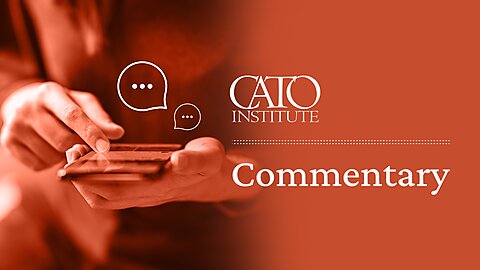Erica Paul and Anna Utley were homeschooling their children and attending a Pittsburgh-area co-op for enrichment activities twice a month. “It was a great source of Catholic community and all the lovely things that come with a co-op,” recalls Erica. “But as our kids started to get older, you start to see a need for something a little bit more consistent, something a little more academically focused.”
A conversation on Facebook led to Erica, Anna, and another mom meeting up to discuss creating a drop-off program focused on academics. Then a homeschooling dad told them he thought his parish priest would be open to letting them use their facilities, and suddenly they were running with it. “We started talking in March of 2018, and we started our first year September 2018,” says Anna.
They quickly realized that their new hybrid homeschooling program, which they named St. Ambrose Academy, was a business and was very different from the co-op that Erica had been running. “I would be up until like 2:00 a.m. searching ‘How do I incorporate?’ ‘What are our board documents?’” Anna says. “I taught myself how to do payroll because we had no money going in so we couldn’t pay for payroll. I taught myself taxes and Erica knew a tax guy who would try and teach me too.”

They did a lot of research on the various models and options for curricula. They wanted the program to be affordable for families and also allow them to support their teachers. When they couldn’t find a model that fit the bill, they created their own. While they aren’t affiliated with Mother of Divine Grace, a Catholic homeschooling program, they follow that curriculum for the most part. Anna says they chose it because it’s solidly Catholic, challenging, and classical.
They also like that families can enroll in Mother of Divine Grace’s teacher review program, which is an accredited online school while attending St. Ambrose Academy. Erica says many St. Ambrose families do their own grading and transcripts, but others are intimidated by that and want more support.
“A lot of our high school families will enroll with Mother of Divine Grace also and then ultimately graduate with a transcript from them,” she explains.
St. Ambrose Academy meets in person at a former Catholic school on Mondays and Wednesdays and students work on lessons at home the rest of the week. “Everyone’s homeschooling on their own,” Anna notes. “We’re not a school in the eyes of the state.” On the in-person days, they cover core academic subjects, including math, science, history, writing, and literature. As a Catholic program, religion is a key component of the curriculum. Grades K through six participate in Catechesis of the Good Shepherd, which is a Montessori-based religious education program.
The program began with preK through sixth grade and has added a grade each year; this year will be the first graduating class. Anna says 32 students joined St. Ambrose Academy in the first year and they had eight staff members. By last year, enrollment had ballooned to 191 students and they now have 54 staff members. Some staff members are there all day on Mondays and Wednesdays. Others teach just one class a week.

The success of St. Ambrose Academy has led Erica and Anna to offer support to other homeschoolers who want to start a similar program. “After we realized what all we took on in a very short amount of time, part of our goal was to make it easier for other homeschooling moms who wanted to do the same thing,” says Erica. “So we have created a mostly hands-off but supportive way of helping other moms start a St. Ambrose without us being too involved or micromanaging.” There is currently a branch in Zionsville, Indiana, and there’s potentially another branch opening next year.
“They’re not actually a franchise. They’re their own independent entity. But we have a relationship with them where they can use our documents, use our application, use all the intellectual property that we created,” Anna explains. “They can use all of that and have a branch of our website, but they have to remain within some requirements. Like they have to be under a certain amount of tuition because part of it is we don’t want it to be priced out where people cannot attend. They have to follow the teachings of the Catholic Church. So we have certain standards that they have to meet, and if they don’t at any time, we can say, ‘You can no longer use our documents.’”
I got to tour St. Ambrose Academy in Pittsburgh this week, and considering what I saw, I’m not surprised it’s grown so much. There was a balance between individual and group learning along with a lot of fun and kids able to be kids.
As Anna puts it, “Our ultimate goal would be to have it start up in a lot of places because it’s been truly beneficial to the community. Beneficial to my own children. And I just love that my children have gotten this whole kind of world that they wouldn’t have had.”























